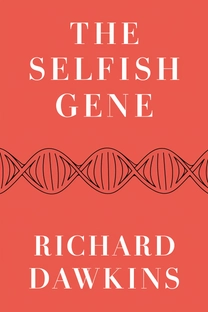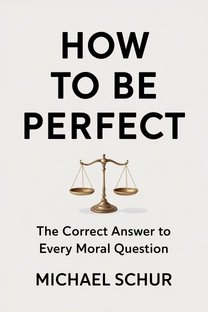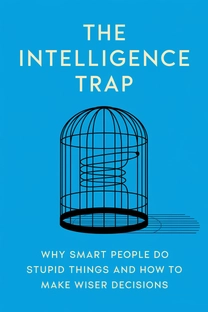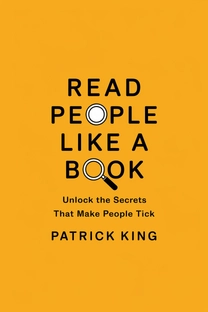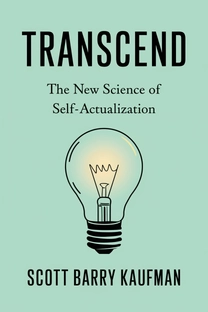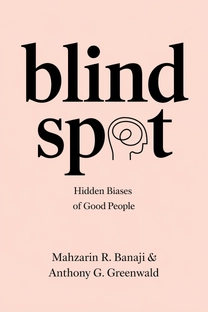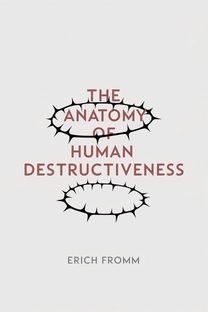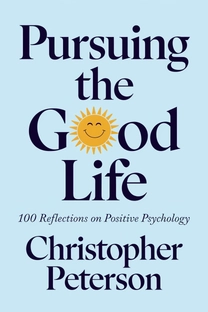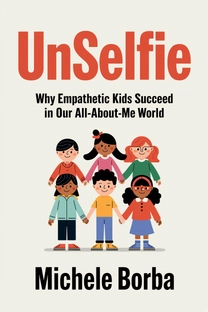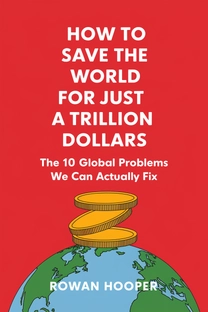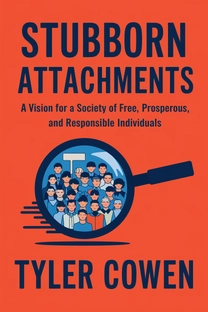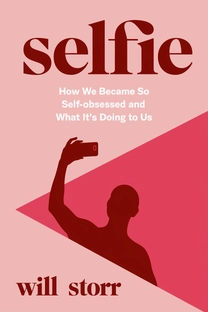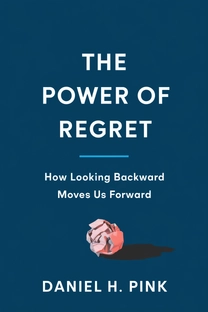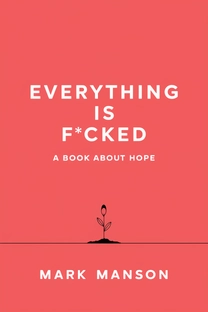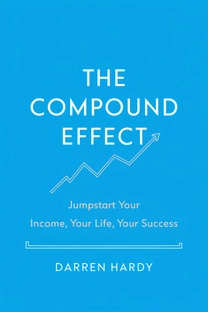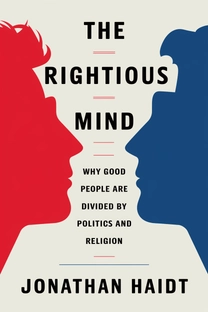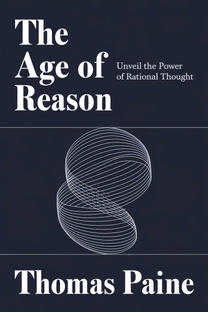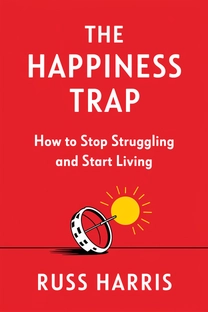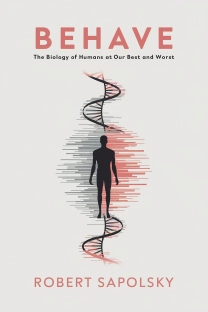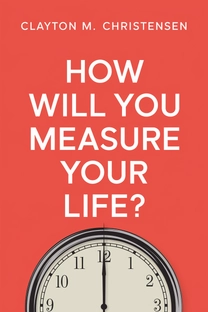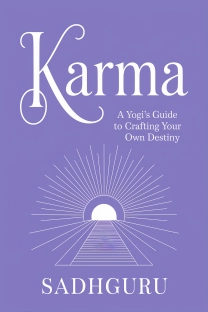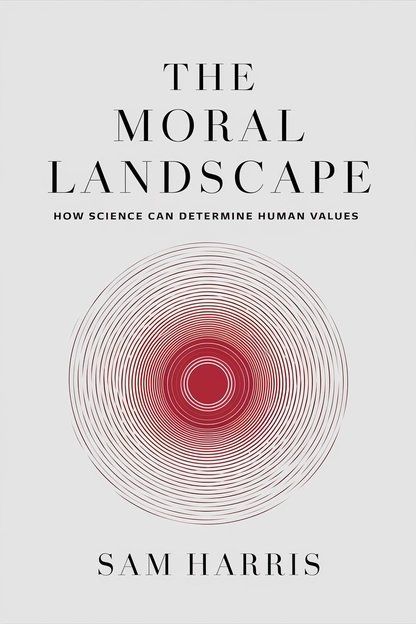
The Moral Landscape
How Science Can Determine Human Values
by Sam Harris
Brief overview
This book shows that morality doesn’t have to come solely from religion or personal preference. Instead, it claims science can explain how well-being underpins right and wrong. By focusing on how our thoughts, actions, and social structures affect conscious creatures, we can use reason and evidence to guide moral decisions. Expect to learn why moral truths can be grounded in facts, how biases cloud our moral vision, and why compassion, justice, and happiness matter far more than cultural conventions.
Why Morality Needs a New Framework
Many assume moral issues stand apart from science. They see ethics as the realm of culture, religion, or personal taste—beyond the reach of data. Yet this book argues that we can anchor morality in real facts about human life. The key lies in understanding well-being and the varied ways we thrive.
Traditional thinking often treats moral rules as divine commands or cultural quirks. But holding morality above rational scrutiny blocks any shared progress. If we want to enhance human flourishing, it helps to know which actions consistently hurt or help individuals and societies—and science can explore those effects.
This shift calls for combining our compassion with an evidence-based approach. Rather than accept that all values are equal, we can work toward universal gains in health, creativity, and happiness. In doing so, we give morality a sturdy grounding: a framework that’s about meeting genuine needs, not pleasing deities or blind traditions.
The Link Between Facts and Values
In everyday life, we speak of facts (the sky is blue) and values (be kind), as though separate. Yet these two domains interlock powerfully: every time we discuss right or wrong, we rely on assumptions about human or animal well-being.
For instance, if we assert that caring for children is good, we’re assuming that children experience needs and emotions worth protecting—both verifiable truths. By acknowledging such shared experiences, we see that our moral ideals rest on actual states of our brains and bodies.
So, as soon as we admit that well-being can be studied and measured, we unlock the possibility that values can be supported by empirical evidence. If cruelty reliably diminishes happiness, it’s not just a custom to reject it; it’s a reasonable moral stance rooted in observable consequences.
What is The Moral Landscape about?
In "The Moral Landscape: How Science Can Determine Human Values," Sam Harris embarks on a pivotal journey to redefine how we understand right and wrong. Traditionally, morality has been viewed through the lens of religion or cultural paradigms. Harris challenges these conventional structures by proposing that science can examine and explain how well-being influences moral truths. By harnessing facts and reason, he illustrates that our thoughts, actions, and societal frameworks significantly shape what we deem right or wrong.
The book posits that human well-being serves as the bedrock of moral principles, offering a measurable basis to determine ethical choices. Harris argues that our biases often obscure true moral insights and advocates for an evidence-based method rooted in compassion, justice, and happiness. By dissecting the convergence and clash between secular and religious values, "The Moral Landscape" provides a coherent approach to guiding moral decisions beyond cultural norms, thus imparting a more progressive and inclusive moral framework.
Why does this book matter? It presents an innovative perspective on bridging the gap between empirical truths and morally sound choices. Readers are invited to explore how scientific insights can enhance human flourishing and redefine ethical discourse, ensuring broader societal impacts beyond static traditions or beliefs.
Review of The Moral Landscape
Sam Harris’s "The Moral Landscape" delivers a compelling argument that shifts the paradigm of morality from traditional belief systems to a more evidence-driven approach. One of the book’s key strengths is its ability to intertwine empirical data with philosophical insights, providing readers with a pragmatic exploration of morality. Harris effectively dismantles the notion that moral reasoning is confined to religious or subjective domains, introducing a fresh outlook that positions science as a pivotal arbiter of ethical truths.
The book excels in its practical applications. Readers glean how scientific methodologies can be employed to address moral dilemmas, offering tangible steps to align actions with the overarching goal of enhancing well-being. By advocating for a spectrum perspective of morality based on human experiences, Harris paints a vivid picture of a world where empirical data guides morality, free from cultural biases that frequently obscure true ethical understanding.
The writing style of Harris is both accessible and intellectually stimulating, combining conversational prose with eloquent exposition. This accessibility does not sacrifice depth, ensuring that complex ideas are navigable for readers from all backgrounds. "The Moral Landscape" is recommended for those seeking a comprehensive and nuanced discourse on morality. It caters particularly well to individuals inclined toward rational thinking and evidence-based solutions, offering a refreshing perspective on how we interpret and execute moral choices in our contemporary society.
Who should read The Moral Landscape?
- Academics and scholars interested in ethics who seek a science-based perspective on morality.
- Curious learners open to examining how empirical insights can influence moral frameworks and decision-making processes.
- Philosophers and ethicists who question traditional moral paradigms and wish to explore innovative approaches.
- Debaters and discussion aficionados who enjoy engaging in sophisticated, reason-driven conversations on moral topics.
- Individuals inclined towards secularism who are keen to explore how morality can detach from religious doctrines.
About the author
Book summaries like The Moral Landscape
Why readers love Mindleap
10-Minute Book Insights
Get the core ideas from the world's best books in just 10 minutes of reading or listening.
Curated For You
Discover your next favorite book with personalized recommendations based on your interests.
AI Book ExpertNew
Chat with our AI to help find the best book for you and your goals.
Reviews of MindLeap
Love how I can get the key ideas from books in just 15 minutes! Perfect for my busy schedule and helps me decide which books to read in full.
Alex R.
The summaries are incredibly well-written and the audio feature is perfect for my commute. Such a time-saver!
Jessica M.
Great app for personal growth. The insights are clear and actionable, and I love how they capture the essence of each book.
Chris P.
The app is beautifully designed and the summaries are top-notch. Definitely worth every penny!
Sarah K.


